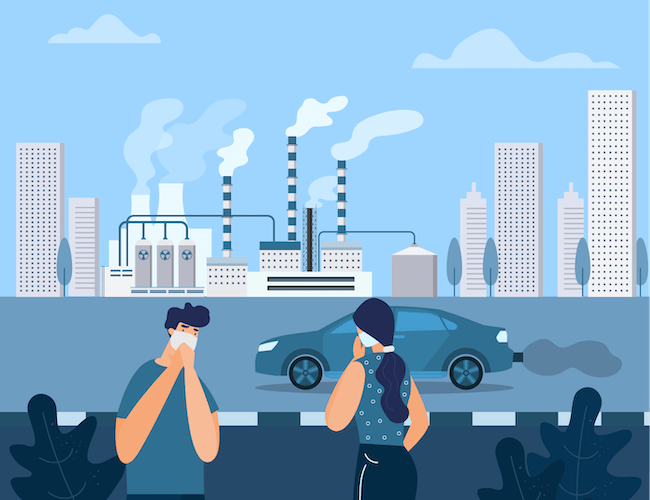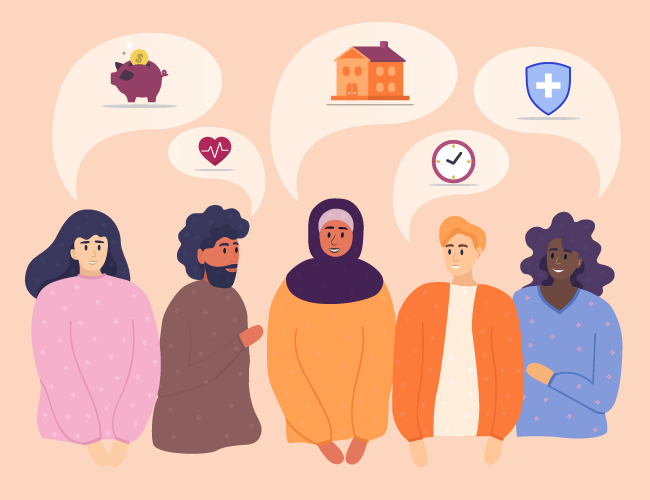Accountability Partners Promote Success In Individual Wellness Goals
A lot of attention has been put towards making wellness programs more effective by addressing the specific, personal needs of each individual rather than opting for a one-size-fits-all approach. While this individualization is necessary for accessibility and engagement, employers should keep in mind that there are benefits to including a social aspect in their wellness program.
Mental Health Conditions Remain Elevated As Pandemic Continues
Since the beginning of the pandemic, a large number of employees have reported that they are dealing with depression, unprecedented levels of stress, trouble concentrating, and difficulty maintaining a health work-life balance. If mental health is left unaddressed, employee well-being and productivity will only continue to suffer.
As School Year Approaches, Employees Face Uncertainty About Childcare
For many working parents in America, this summer’s end brings difficult questions regarding childcare in the impending school year. Unlike this past spring, more workers have returned to full-time or on-site work, yet companies are still struggling to address employee childcare needs.
Virtual Fitness Thrives During Pandemic, Leaving On-Site Facilities Empty
In the past several months, employers have been restructuring employee wellness programs to meet different needs for workers, as on-site wellness facilities closed and many struggled to reconfigure a healthy work-life balance. Many employers have attempted to maintain the momentum of their in-person, on-site fitness offerings with new virtual options.
Study: The Perfect Exercise Program Exists, But It’s Different For Everyone
When it comes to exercise, putting in the right amount of time, energy, and resources should be a sure-fire formula for fitness success. Unfortunately, not everyone who does this sees results, and many discover that attempts at physical fitness may end in disappointment. However, research is beginning to offer more hope that just about anyone can find an exercise program that gives them results.
How A Global Pandemic Illuminated Air Pollution’s Health Impacts
The limited amount of human activities and business operations during the COVID-19 pandemic have, in turn, limited these tasks’ negative consequences on the environment. Pollution from traffic and industry has substantially decreased. Now, some scientists and observers are noticing measurable improvements to air quality around the world.
In The Wake Of A Global Pandemic, Paid Leave Needs Reimagining
In light of the COVID-19 pandemic, more changes may be coming to the way employers handle paid leave. New legislation on leave has been proposed, and large companies have modified their paid leave policies to accommodate workers’ growing family- and health-related responsibilities.
COVID-19 Response Linked To Decrease In Physical Activity Levels
In communities across the world, COVID-19 has affected people’s daily routines in countless ways. It comes as no surprise, then, that new research suggests that daily activity habits have taken an unhealthy hit as people stay home and businesses close.
With Reopening Plans Underway, Employers Shouldn’t Leave Out Benefits Changes
In May, the IRS issued a notice giving employers the option to allow employees to make changes to their health insurance plans and benefits enrollment. Employers should make an effort to reconsider benefits in order to best support their workforce as they adjust to reopening plans and new work policies.












